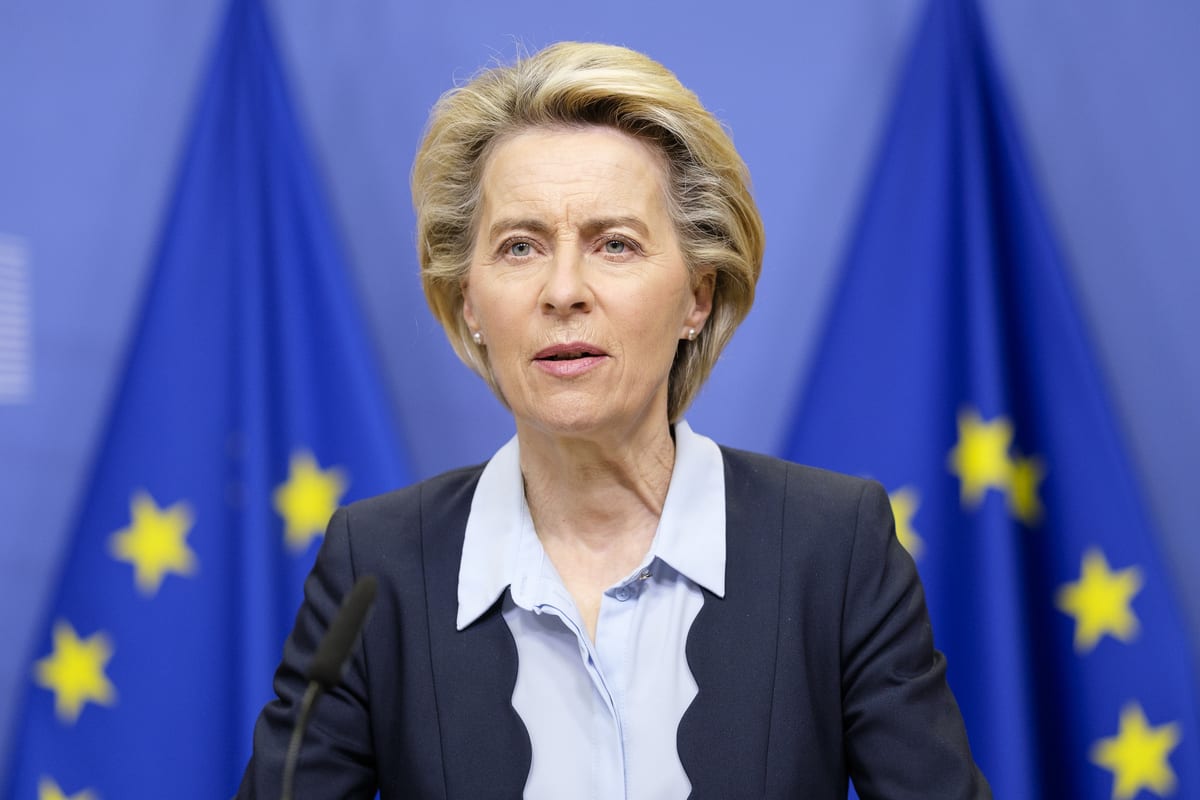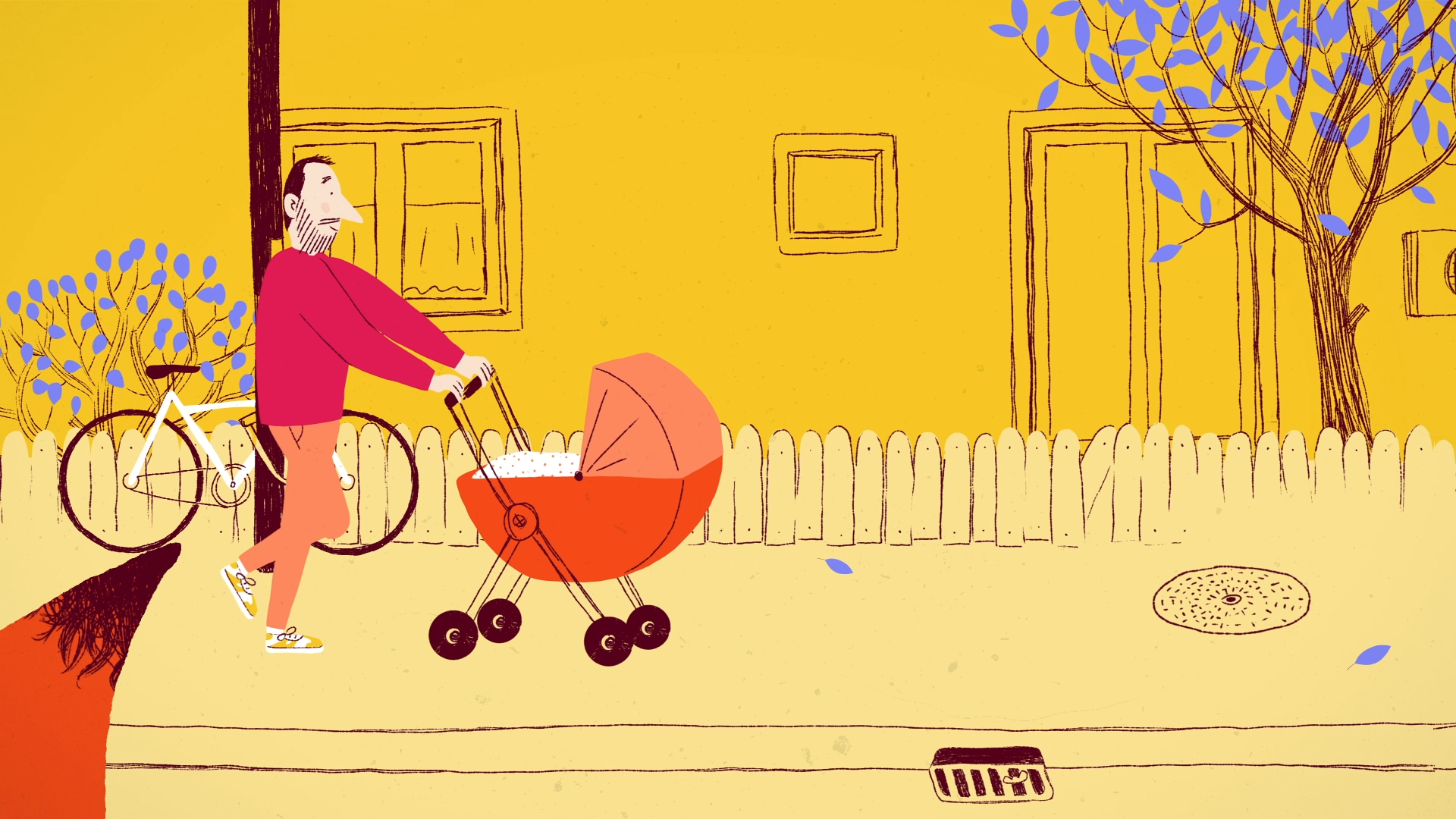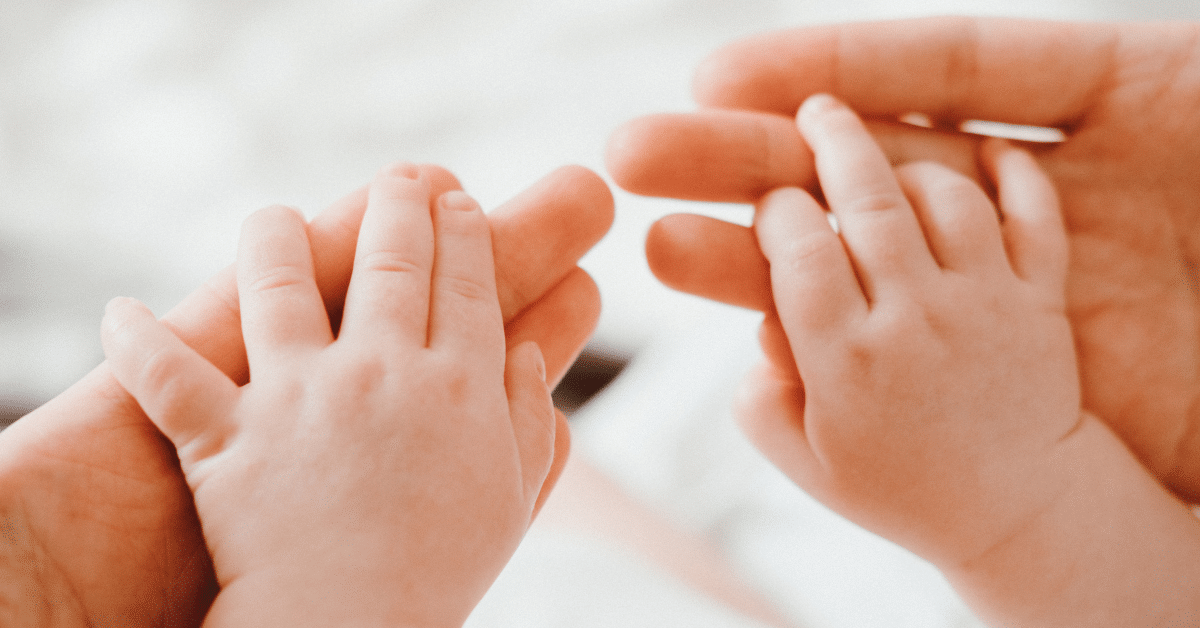The New European Commission is in place
Championing early childhood development as a key public policy priority
Following the European Parliament elections in June, a new College of European Commissioners is in place, headed by Ursula von der Leyen, who has a second mandate as President of the European Commission.
The European Parliament approved the new College of Commissioners on 27 November. The new Commission is made up of 26 Commissioners, each from one EU Member State (excluding the President). Before being approved by the Parliament, each Commissioner-designate underwent hearings with MEPs – this included questions on children’s rights, following engagement by children’s organisations including Eurochild, Child Rights Action Group and the Alliance for Investing in Children.
The list of the new European Commissioners can be found here.
Eurochild has drafted an analysis of the new European Commission.
The most relevant Commissioners from the perspective of early childhood development (ECD) are:
- Ms Roxana Mînzatu (Romania), Executive Vice-President and Commissioner for Social Rights and Skills, Quality Jobs and Preparedness. Her portfolio includes responsibility for skills and education and she will lead the Commission’s work on the European Pillar of Social Rights’ new Action Plan and the European Child Guarantee. She will have responsibility for the development of the upcoming EU Anti-Poverty Strategy, and her agenda emphasises social inclusion, addressing inequality, and promoting early childhood and long-term care within a strengthened European Care Strategy. The inclusion of ‘social rights’ in the title of Vice-President Roxana Mînzatu is welcome and signifies a political commitment to the European Pillar of Social Rights.
- Glenn Micallef (Malta), Commissioner for Intergenerational Fairness, Youth, Culture, and Sport will oversee the implementation of the EU Strategy on the Rights of the Child, and will introduce the first EU Strategy on Intergenerational Fairness. He is also committed to children’s online safety and combating cyberbullying.
The new European Commission’s Political Guidelines set out its plans and priorities for the period 2024-2029. These include a renewed commitment to strengthen the European Child Guarantee to ‘prevent and fight social exclusion through education, healthcare and other essential public services.’ The new Commission also commits to developing the first EU Anti-Poverty Strategy and to address the housing crisis, which affects many families and young people with a strategy on affordable housing. Despite the lack of comprehensive data on the full extent of homelessness and precarious housing in Europe, we know that many infants and young children experience overcrowding, housing deprivation and hidden homelessness, and are forced to live in temporary accommodation which is unsuitable for them and their families. Here you can read the First Years, First Priority campaign briefing on "Quality Housing for All Young Children – from the start”.
As we look ahead to 2025, Eurochild together with the First Years, First Priority campaign partners will continue to engage with national governments, EU institutions and civil society partners in our efforts to ensure that the focus of the new EU leadership on child poverty, children’s rights, and early childhood are maintained and increased. Building on the campaign’s collective experience, we will continue to champion ECD as a key public policy priority.
Further info: Email Agata D’Addato, Eurochild Head of Programmes





